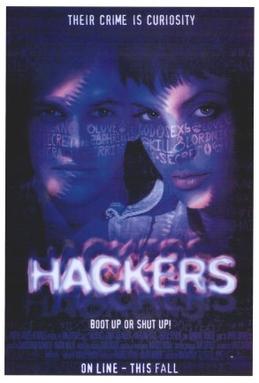I don’t put much stock in dreams, at least not the kind that you can have when you sleep. Most of the time, I like to think that my subconscious just has a little more room to roam. I have an off switch and nighttime is when I flip it. My dreams do not require deep analysis because most of the time I don’t remember them, and when I do, there is nothing even remotely interesting in them. Sure, I have an odd dream that will amplify something going on in my daily life or reveal a desire that I have internalized. Most of the time, though, I don’t have to worry about those kinds of things. My dreaming life mostly leaves my waking life well enough alone.
Last night was an exception to the rule.
I had a nightmare about testing. The weirdest part was that it wasn’t the kind of nightmare that I feel testing presents in a very real sense. It wasn’t about sharpening number 2 pencils or in standardizing the world into easily photocopied and graded booklets. It was about an entirely new approach to testing, which I think presents an even grimmer look into the future if the current trend continues.
The real nightmare of testing isn’t in prescribing a certain brand of English and Math for every student. It is in trying to prescribe everything else too.
In my dream, I was the one being tested and I had little to no idea of what the goals were in mind. I was looking all over the place for a path to the end of the test. Instead, all I could find were a series of tasks that were being monitored and assigned, which had little bearing on whether or not I knew anything.
For example, I was tested on how fast I could text. I was given a cell phone that was connected to an oversized monitor and I was asked to text a message quickly. I wasn’t given a person to text to or a purpose for doing the text. I was just being asked to text. All of my errors were being shown up on the screen for everyone to see and I didn’t know if I was really doing right by the test or myself.
This is what we do with our testing now.
We remove all semblance of purpose and audience from the act of writing or reading or doing any kind of problem solving. And in this case, it was being applied to a task that is obviously forthcoming in the curriculum. Many students all over the country are now being given their tests on computers, and what is to stop us from taking their temperature on their method of input? What is to stop us from asking them to do a simple typing or texting test?
In my dream, we were asked to perform video game like sequences in order to reach predetermined goals. We didn’t know whether we were doing it right (as in real video game dynamics where you have constant feedback), but we had to perform anyway. The isolation within the gaming environment was intense, just as all testing experiences I have had to date have been isolationist exercises.
This is where we are headed. We will make each task of our modern upbringing into inauthentic shells of their current selves. And we won’t stop there. Even as we are testing students in new ways that have the appearance of real life, we will push the boundaries of inauthentic tasks in the business world as well. I can see the effects of such actions even now:
We ask for one another to “blog” in internal systems (mostly in corporate settings) without the ability to comment, syndicate, or permalink. We create entire systems of accountability that offer nothing but check boxes and filling out forms with hollow goals and meetings that would be generously be described as formalities. We send e-mails just to send e-mails, cc’ing everyone that could even casually be interested. We ensnare one another in the busywork that are our little ways of testing one another to make sure that we are still buying into the same illusion of authentic relationships.
So, in that way, the culture of testing does match up with our real life counterparts. The only problem is that I want better for all of us. I want better for our kids in their stuffy testing rooms and I want better for our adults in their cramped cubicles. It isn’t enough just to change the ways in which we test. It isn’t enough to add gaming or texting as another way for each of us to feel better about how much summative information we get from those whose entire existence up until this point is formative. It isn’t enough to change the ways in which we do business to have the illusion of transparency and collaboration. We can’t just introduce social media or networks into our businesses and say that we have done right by consumers and employees.
None of us want to life inauthentic lives, and yet that is the direction we are headed.
When testing becomes a part of the every day data of learning, we will be doing right by our children
When community is a part of every transaction in business, we will be doing right by our corporate interests.
Nothing less is worth our time.









